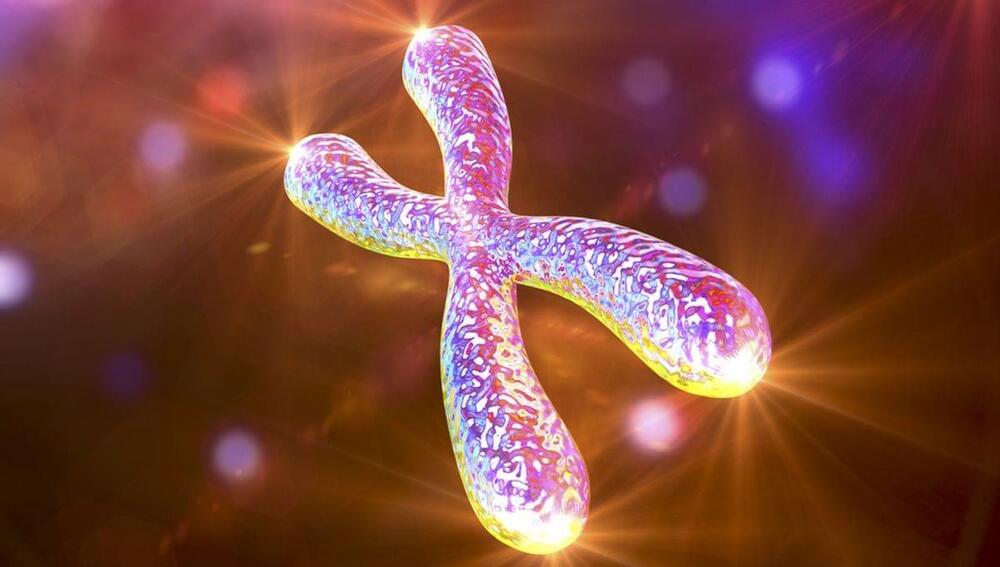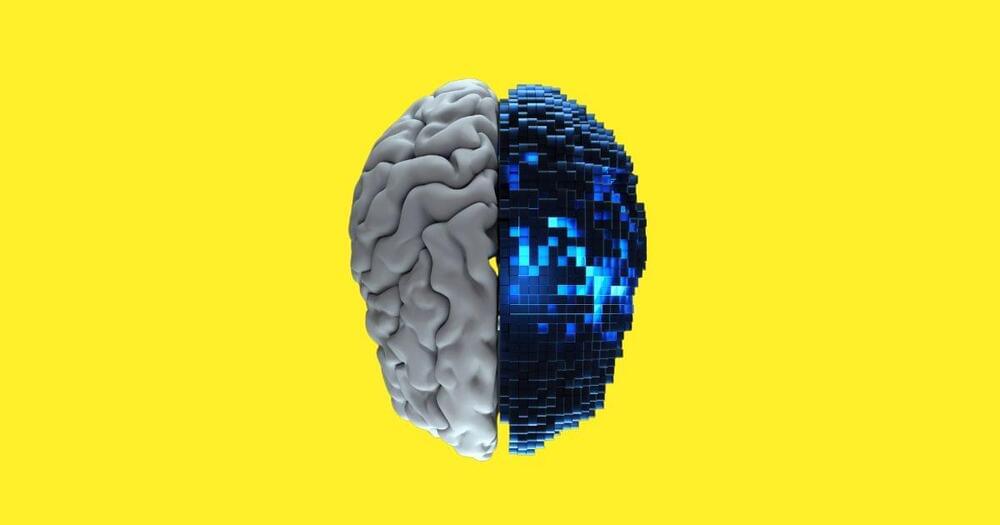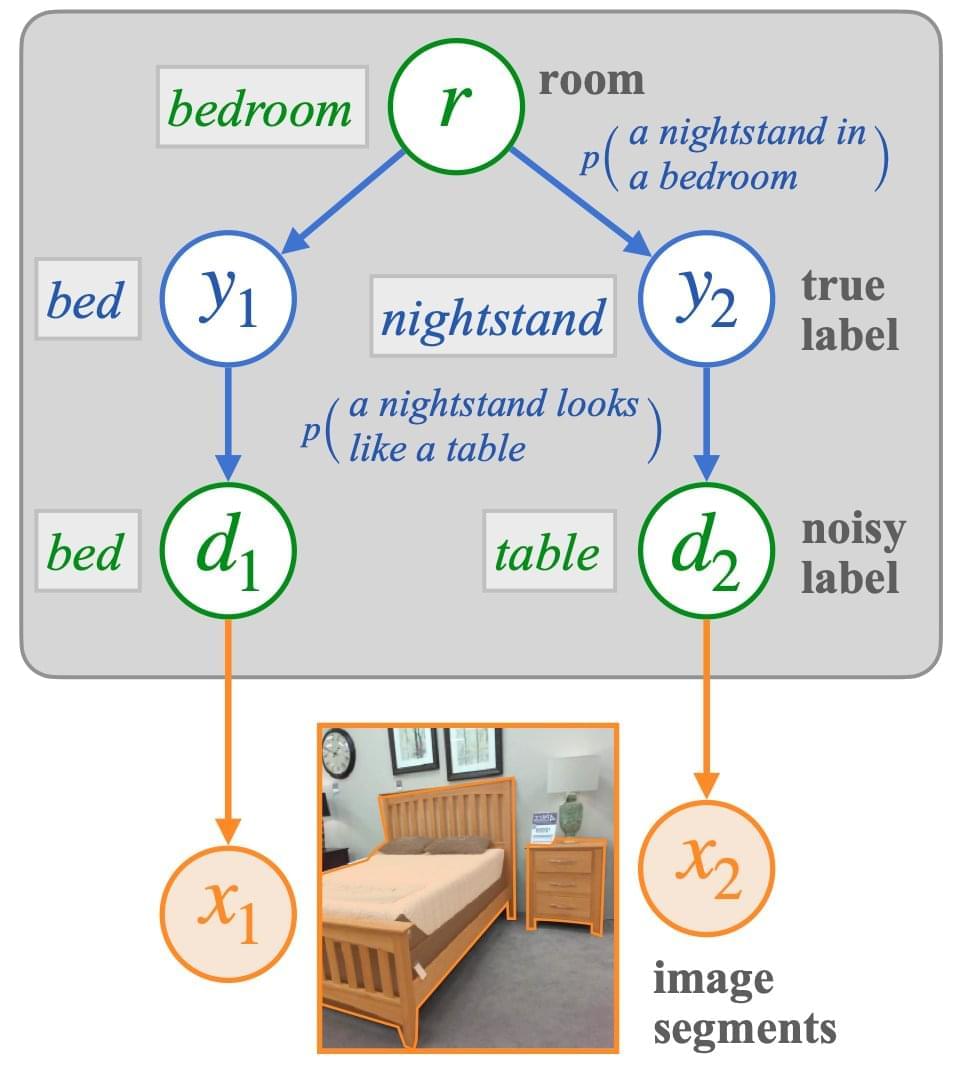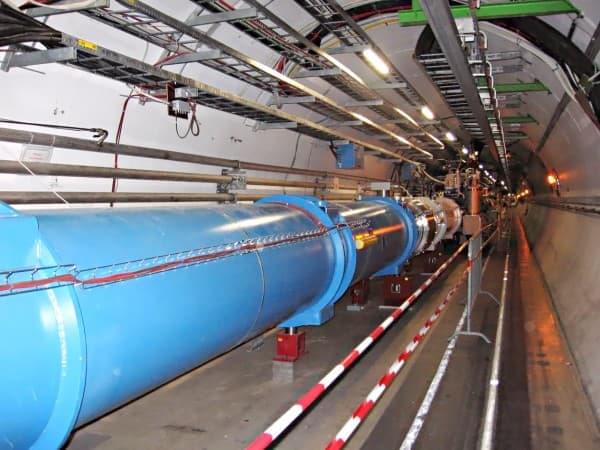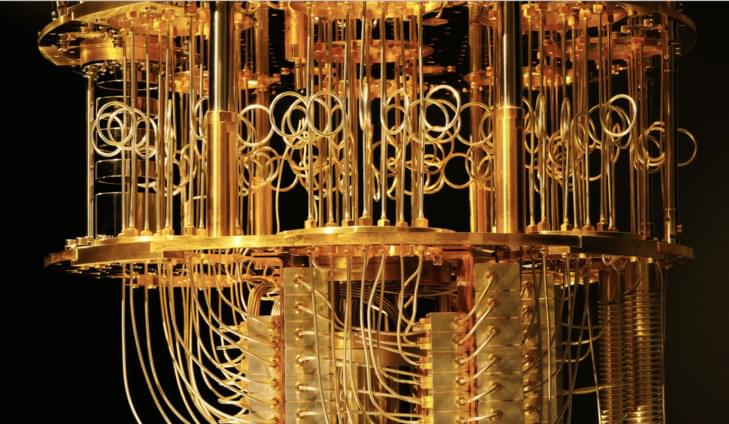Telomeres – the protective caps at the tips of chromosomes – can encode two proteins, something that was previously thought impossible, new research has suggested. The discovery of genetic information coding for these proteins, one of which is elevated in some human cancers, could have huge ramifications for the fields of health, medicine, and cell biology.
“Discovering that telomeres encode two novel signaling proteins will change our understanding of cancer, aging, and how cells communicate with other cells,” study author Jack Griffith, the Kenan Distinguished Professor of Microbiology and Immunology at the University of North Carolina at Chapel Hill, said in a statement.
“Based on our research, we think simple blood tests for these proteins could provide a valuable screen for certain cancers and other human diseases,” Griffith, who is also a member of the UNC Lineberger Comprehensive Cancer Center, added. “These tests also could provide a measure of ‘telomere health,’ because we know telomeres shorten with age.”
